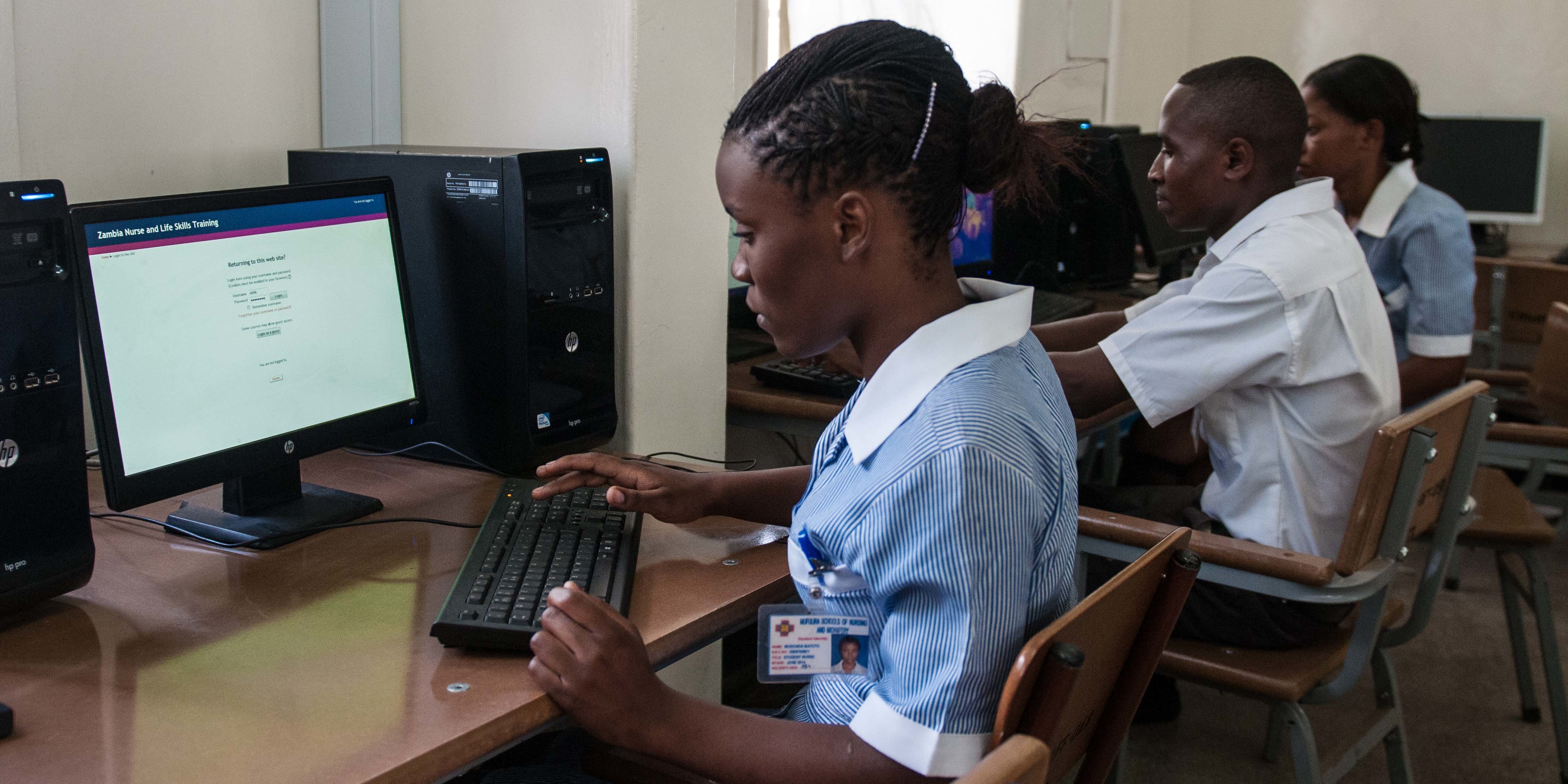
Bringing Employers into the Classroom will Solve Youth Unemployment
Interview with Mastercard Foundation CEO Reeta Roy
This interview with Reeta Roy was originally published in The Guardian, from the Global Development Professionals Network, by Holly Young.How would you describe the issue of youth unemployment in the developing world?
Complex, enormous, and requiring collaboration.
What are the main causes?
One issue is that despite the fact there is growth in places such as Africa, it is often uneven, and it is in particular sectors which may not necessarily create a lot of jobs. We need inclusive policies around growth. There is a big opportunity to create jobs in agriculture and agribusiness that would have a huge impact on unemployment and also wealth generation.
The second cause can be found in education. Young people often graduate into unemployment. The often used phrase ‘skills mismatch’ is largely because there is no real engagement between the world of education and the world of employment. A lot more work needs to be done to bring employers into the classroom so there is a clearer understanding of the skills needed in the market.
What do you see as the long-term consequences?
The consequences are now well known. We have seen unrest and disatisfaction in different parts of the world. The most dangerous consequence of all however is the loss of hope. This has a debilitating effect on society. The young people I speak to are desperate to give back to their society and be empowered. The future is bleak without this.
Where should it sit as an issue on the international agenda?
Already when I talk to government officials it is very clear that young people and unemployment are super high on the radar. It’s the same with the development banks: so much of the policy strategy is about how we address this issue of job creation. It is great that it is high on the agenda, but now we need to set targets.
What are the solutions to the crisis?
Youth engagement – it all starts with who we care about. Engaging young people is absolutely central, and more often than not, it is absent. And this is not only about listening, but involving them in processes and programme design.
The second is dialogue. This needs to happen between different actors, importantly including the education sector.
Overall, we could be doing way more to share information. There are many different actors with a role to play in the story, the problem is we are all reading different parts. We don’t understand the full narrative. We need to communicate and have access to the same information – what’s working, whats not.
We’ve put a project together that offers the right skills for young people, the right connections and the right access to finance. We are starting to do this in Ghana and Uganda. However, there is not one NGO or organisation that can do this on their own.
This story was originally published here.


